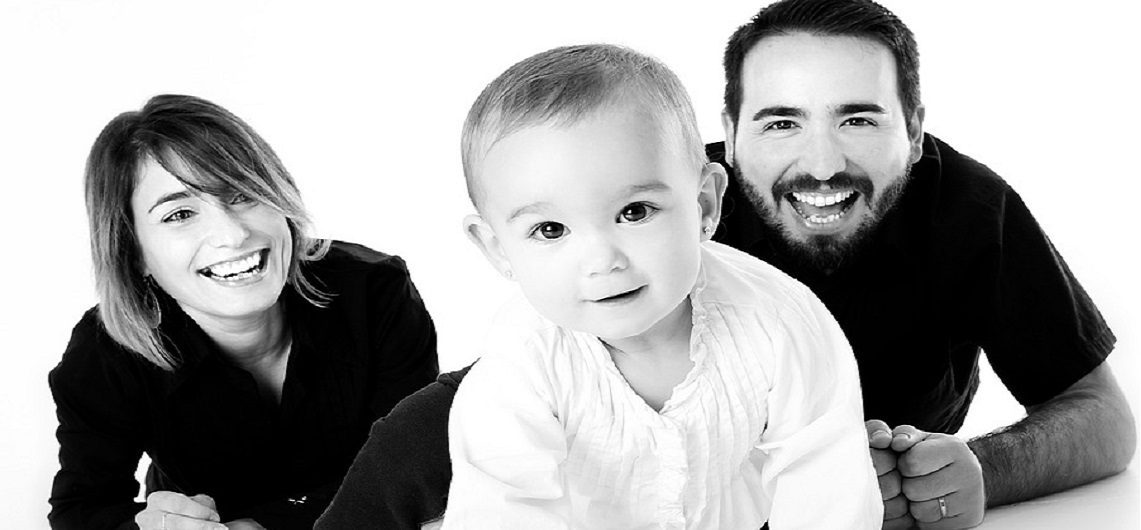by Shane Glynn, Associate in the Employment Law & Benefits team at Mason Hayes & Curran
The Shared Maternity Leave and Benefit Bill 2018 was proposed in July 2018. It is a private members bill but was unopposed by Government. The Bill is still in the early stages but, if enacted, would transform the potential entitlements of fathers, amongst others, to take time off following the birth of their child.
Currently fathers are only entitled to 2 weeks’ paternity leave following the birth of their child. While mothers are entitled to take a total of 42 weeks’ maternity leave (26 weeks’ ordinary maternity leave and 16 weeks’ additional maternity leave). Mothers are entitled to State benefit during ordinary maternity leave which is currently €240.00 per week. The same rate applies for paternity benefit.
The Bill
The Bill will allow a pregnant employee to share ordinary maternity leave with a ‘relevant parent’. This period of shared leave will be in addition to paternity leave entitlements. A relevant parent is a person (other than the mother of the child) who is the father of the child, the spouse, civil partner or cohabitant of the mother of the child.
The Bill sets out the purpose of the entitlement is to enable the relevant parent to provide or assist in the provision of care or provide support to the mother. To support this, the Bill provides for relevant parents to avail of State maternity benefit during any period of shared leave. How this will work in practice is not entirely clear but it has been stated this will not add any cost to the State.
To take shared leave, a relevant parent would have to give 4 weeks’ notice in writing to their employer before commencing a period of shared leave.
But what about adoptive leave?
The Bill specifically refers to supporting, in addition to mothers, adopting parents. The definition of relevant parent provides where a child is adopted then the relevant parent is the spouse selected by the adopting couple. The Bill does not however currently provide for adoptive leave to be shared under the Bill. Specific provision for shared adoptive leave is as a result likely if the Bill progresses.
Maternity Pay
There is no requirement on employers to pay employees on maternity leave in Ireland. As a result, rates of maternity pay, if any, vary greatly from employer to employer. When the Bill was proposed, it was highlighted that parents will be able to consider the financial benefits in choosing how to allocate the maternity leave. This may leave generous employers facing a decision on whether to extend maternity pay to fathers (or other ‘relevant parents’). Choosing not to may raise a claim of discrimination and it is unclear where the law would stand in this regard.
Conclusion
The Bill has only passed the first stage and although it has not been opposed by the Government, it will likely make slow progress, if any. This Bill however illustrates a growing trend in Ireland towards equalling the burden and entitlements for parents in Ireland.
Employers, if the Bill goes forward, will need to update policies in relation to maternity leave and consider how to treat those on shared maternity leave.
The content of this article is provided for information purposes only and does not constitute legal or other advice.
About the author
Shane is an Associate on the Employment Law & Benefits team at Mason Hayes & Curran. He advises employers and employees on all aspects of the employment relationship, relating to both contentious and non-contentious matters.
Shane advises clients on a daily basis on a range of workplace issues including employment contracts and workplace policies, grievances, redundancies, disciplinary investigations and dismissals.









































